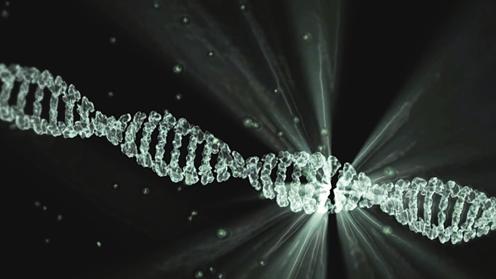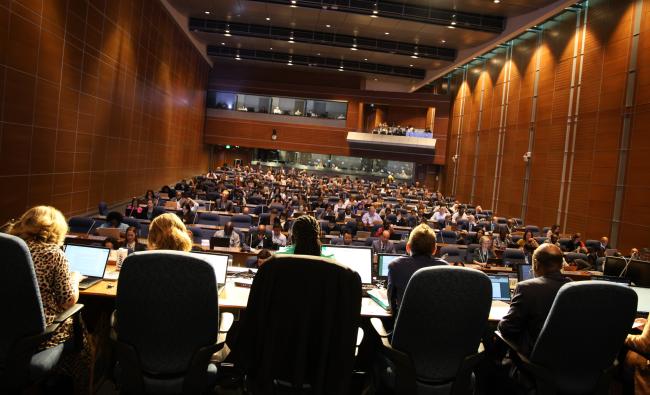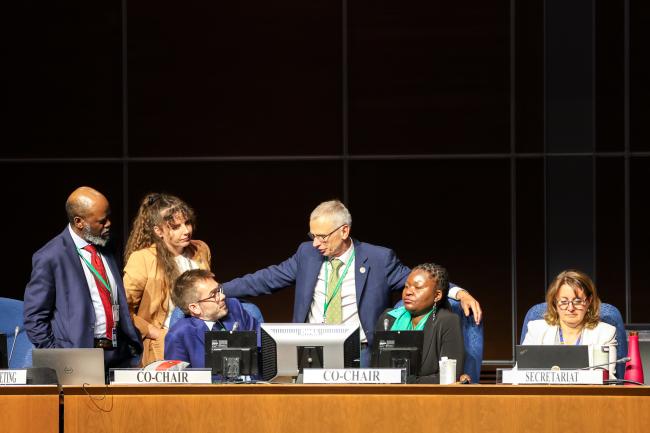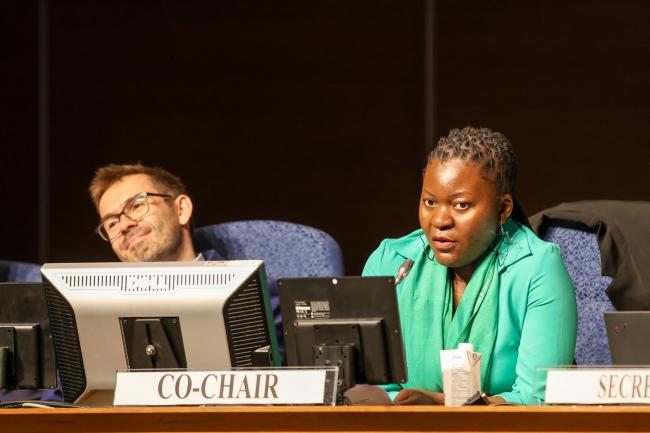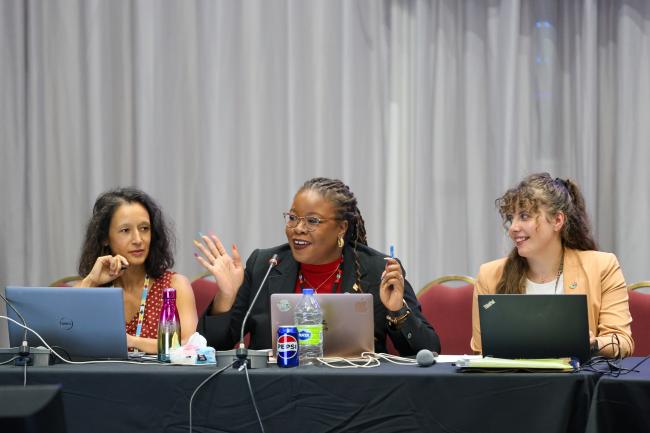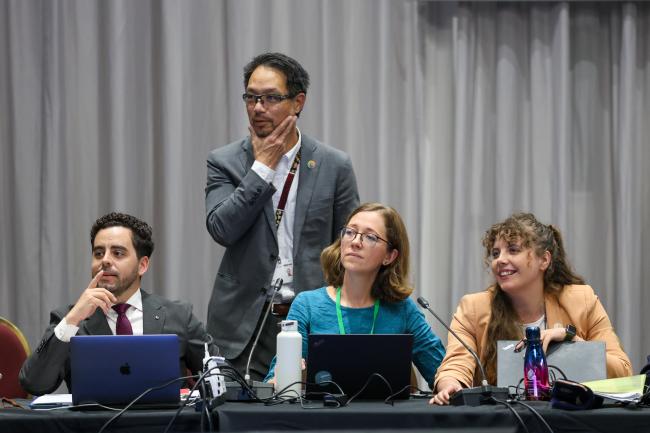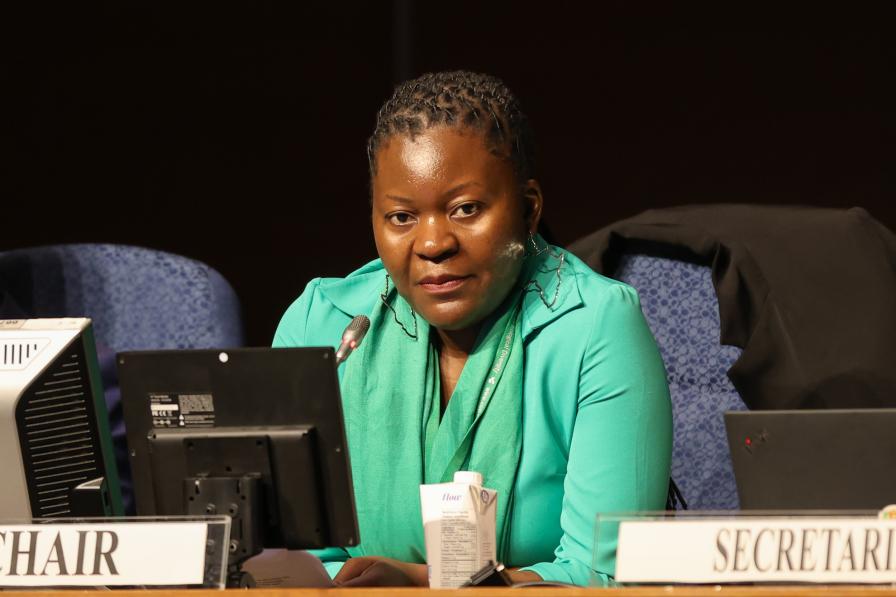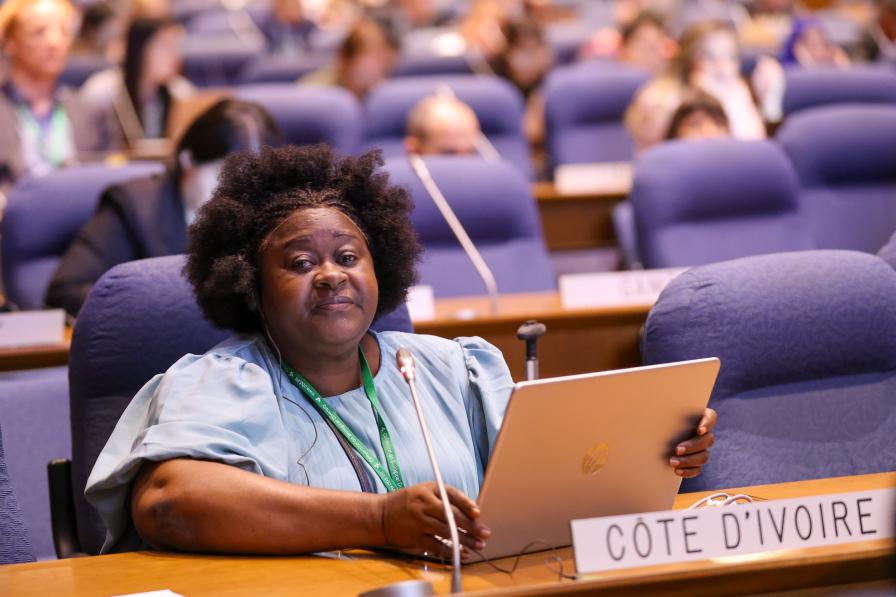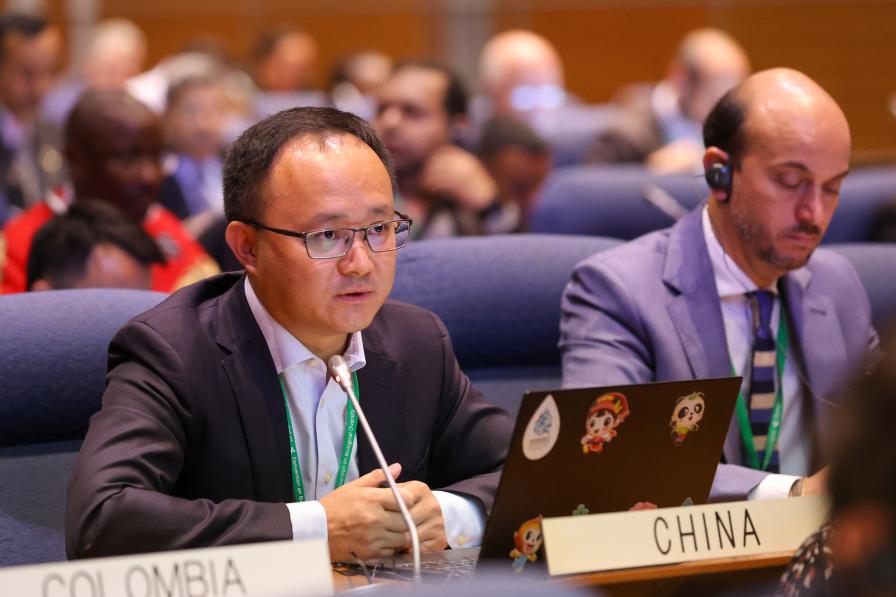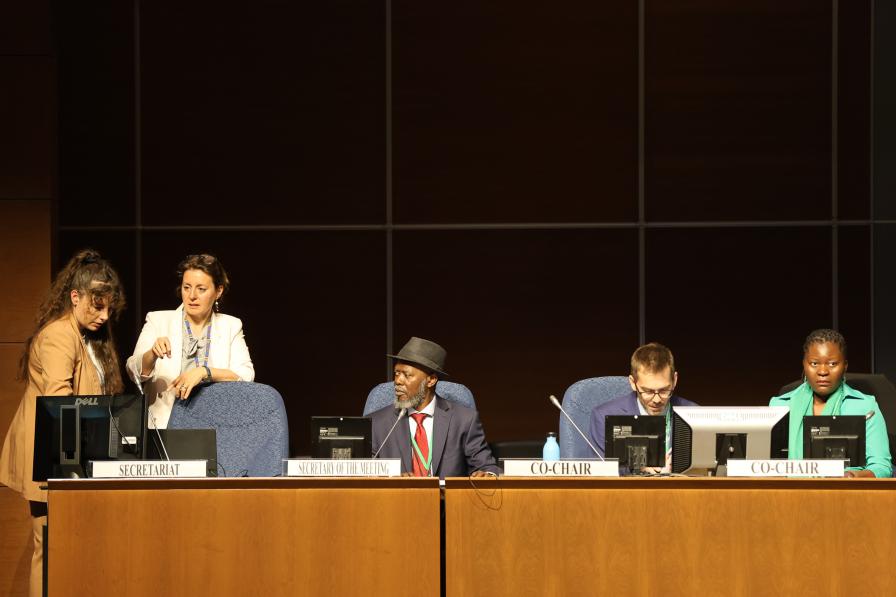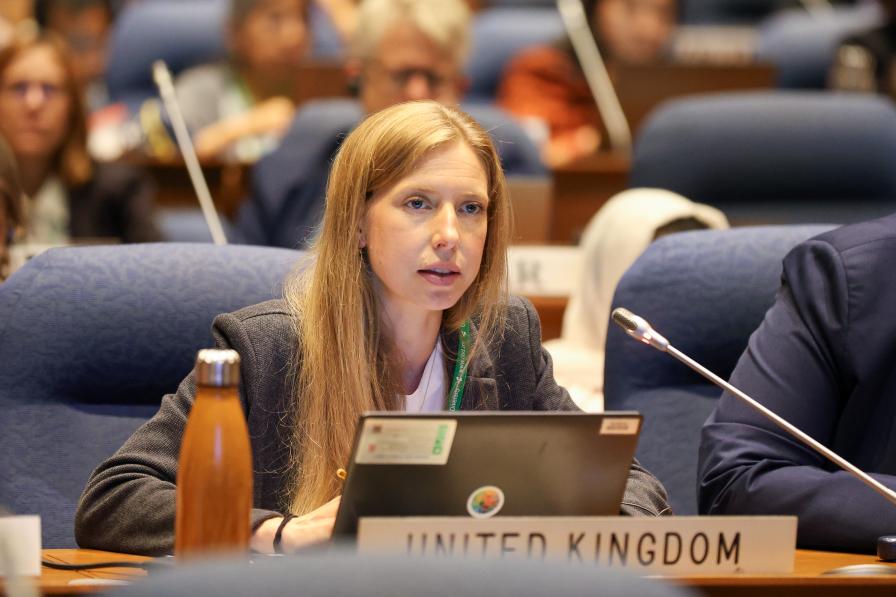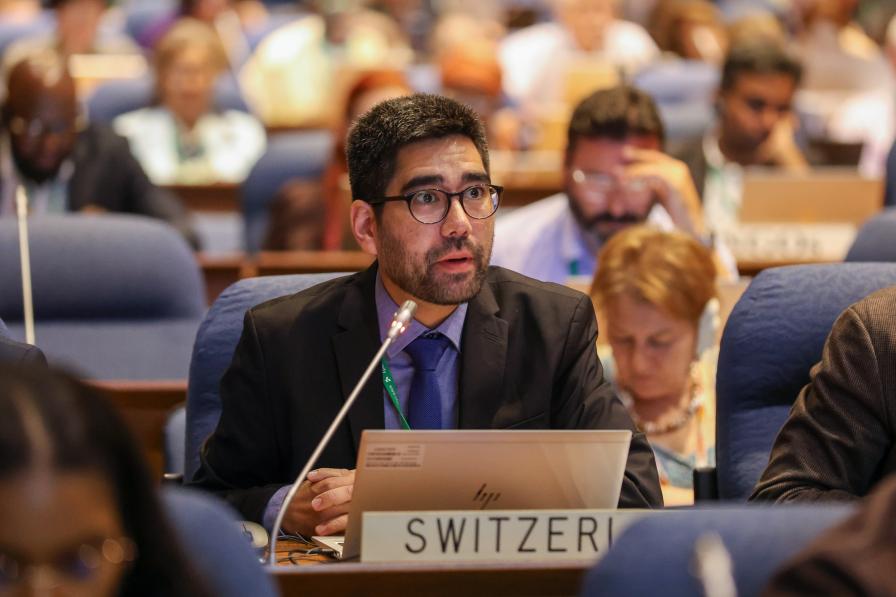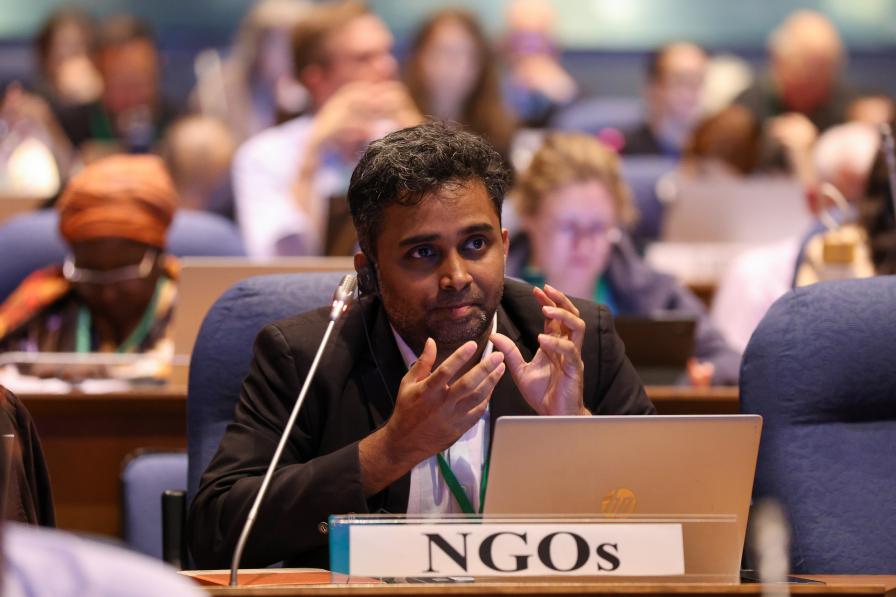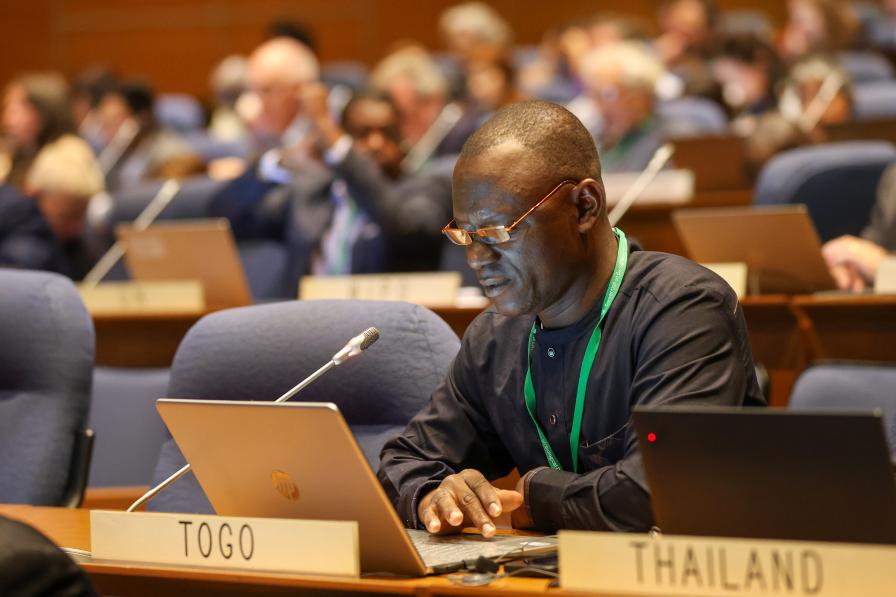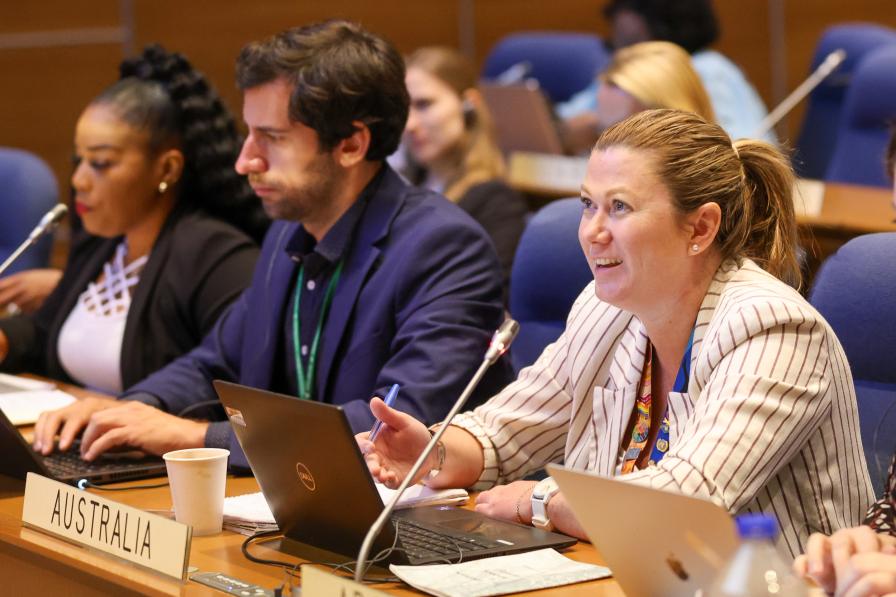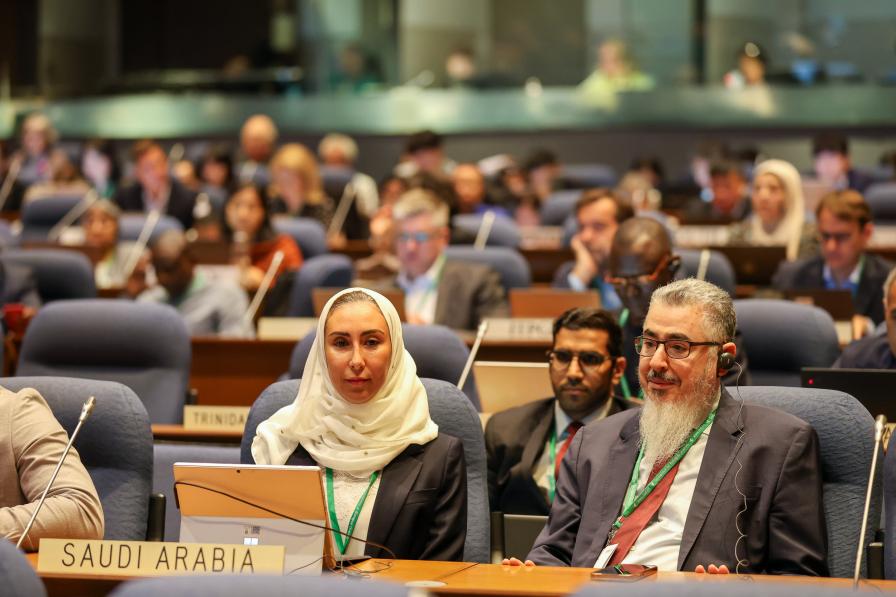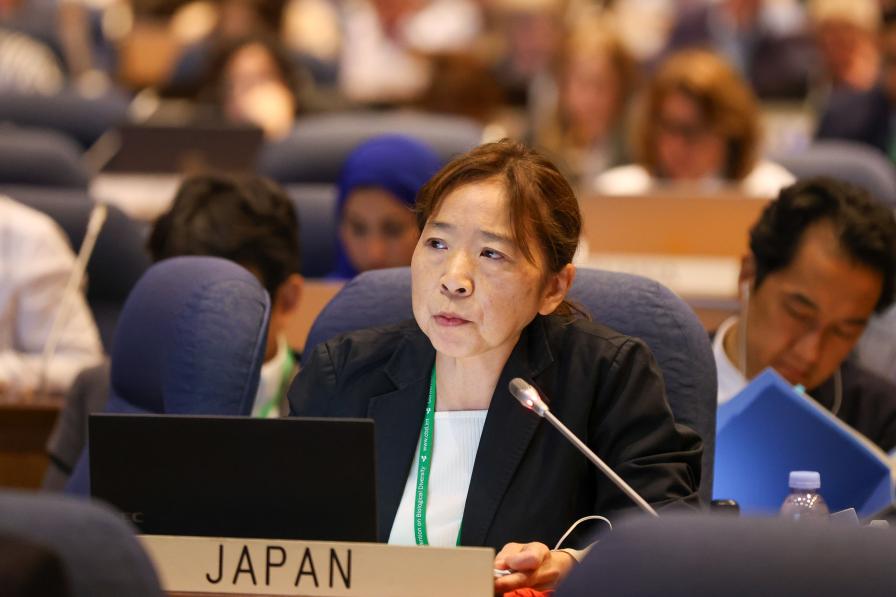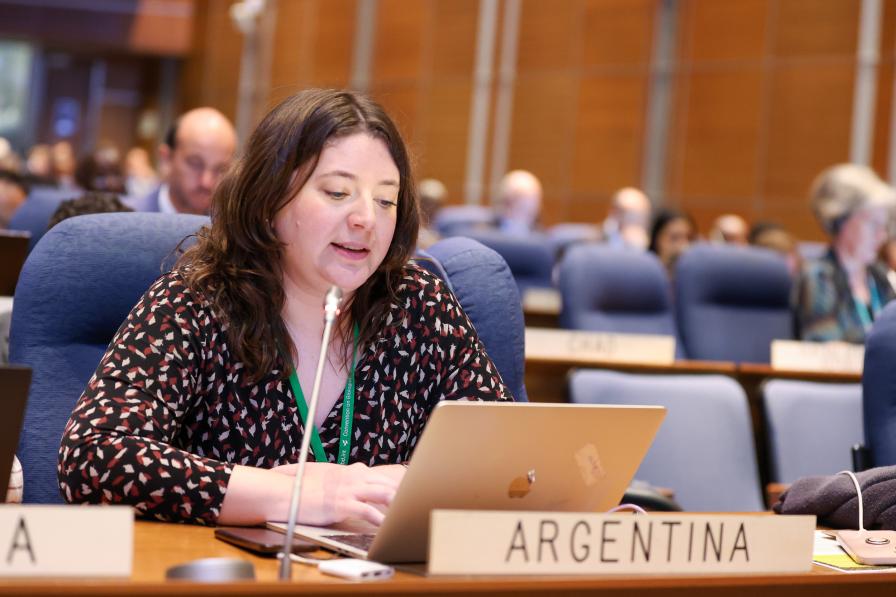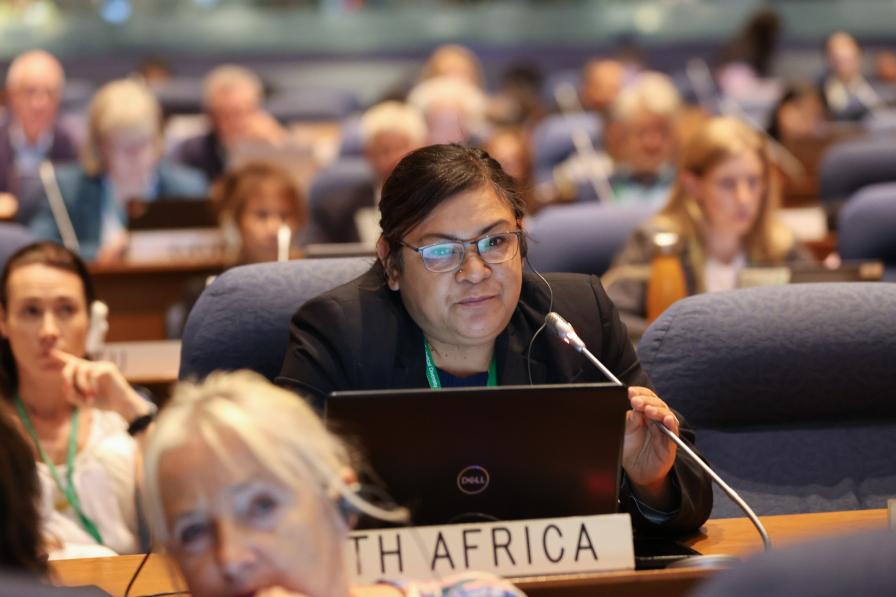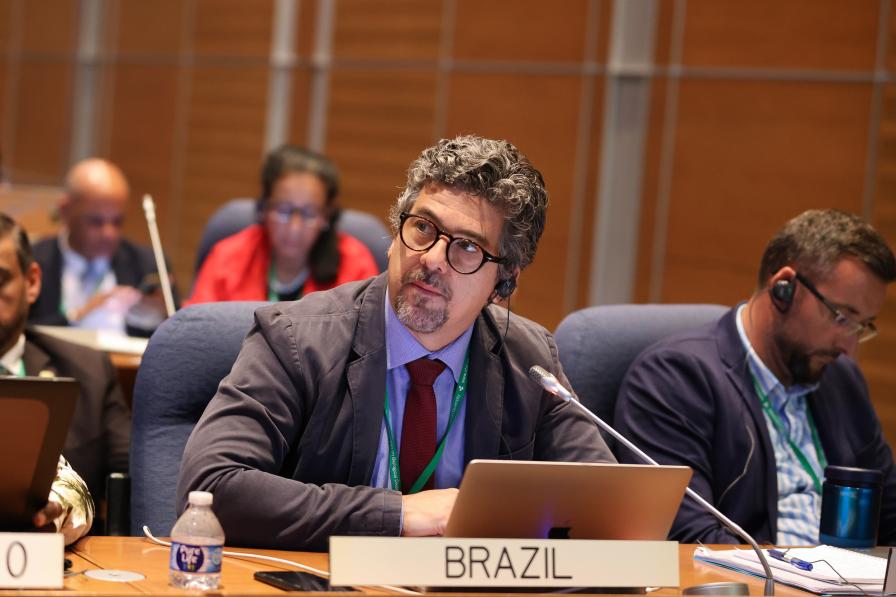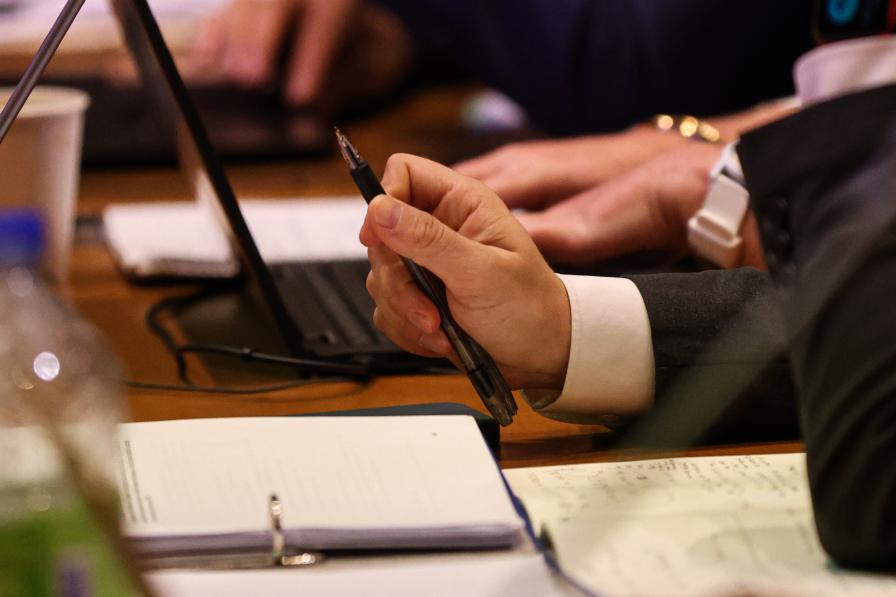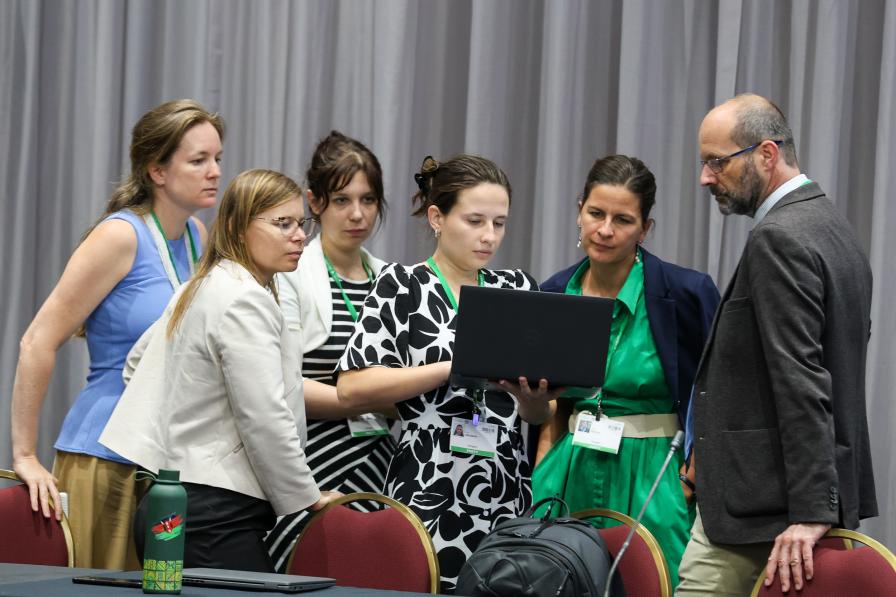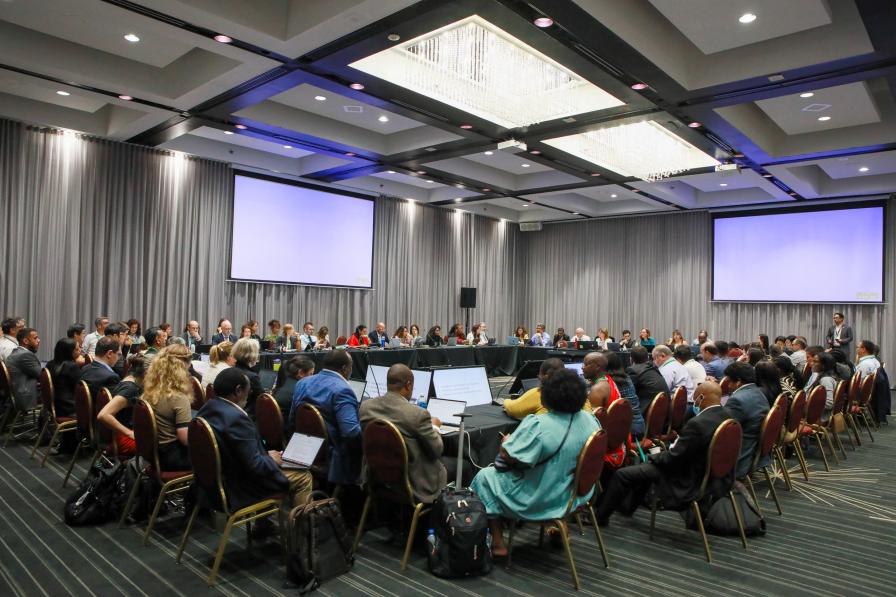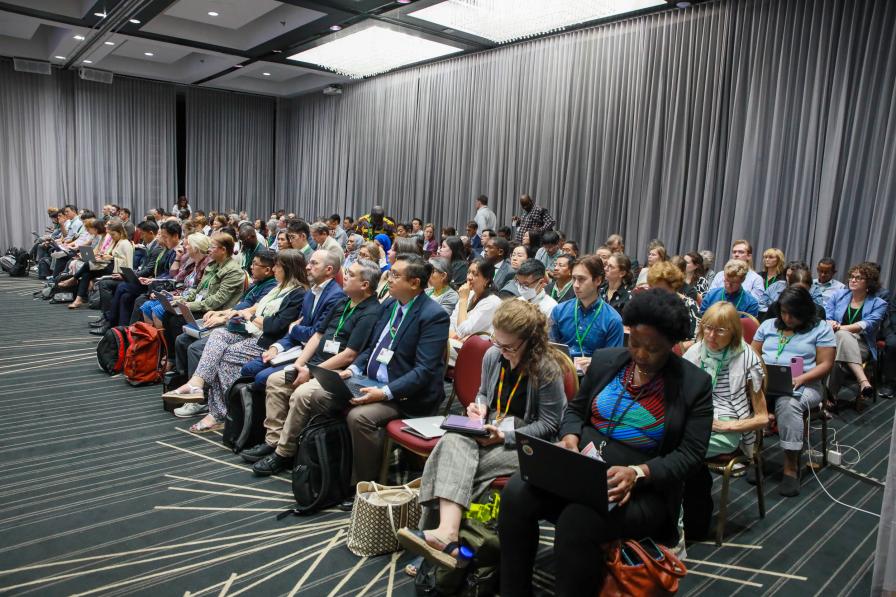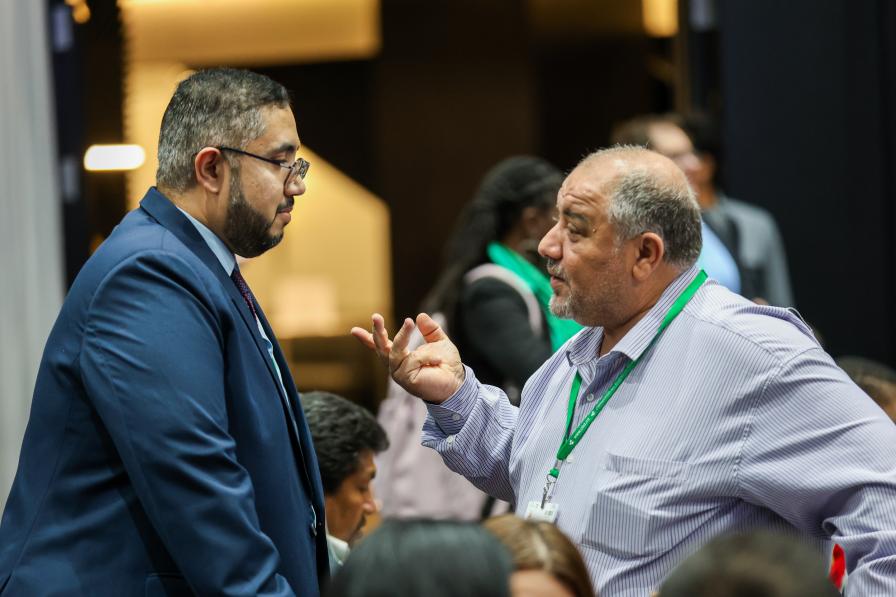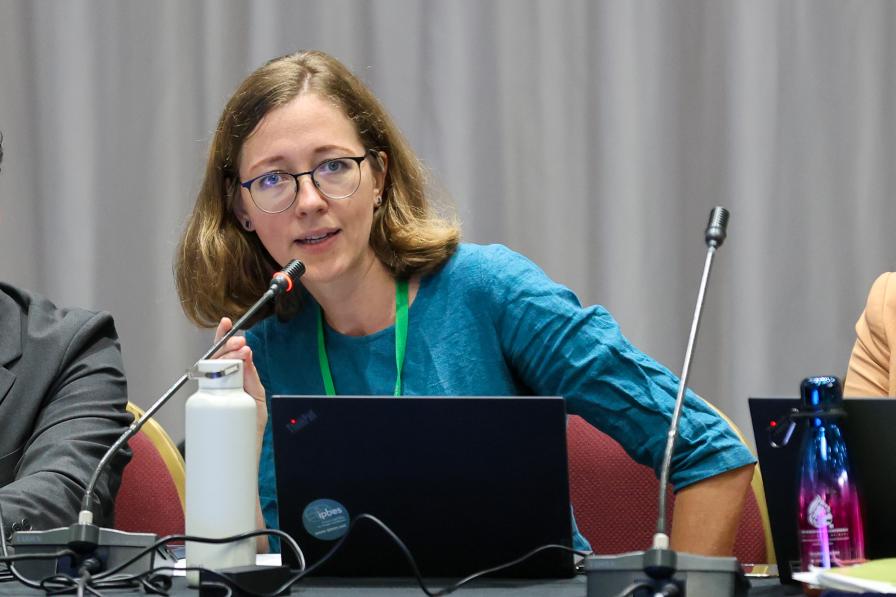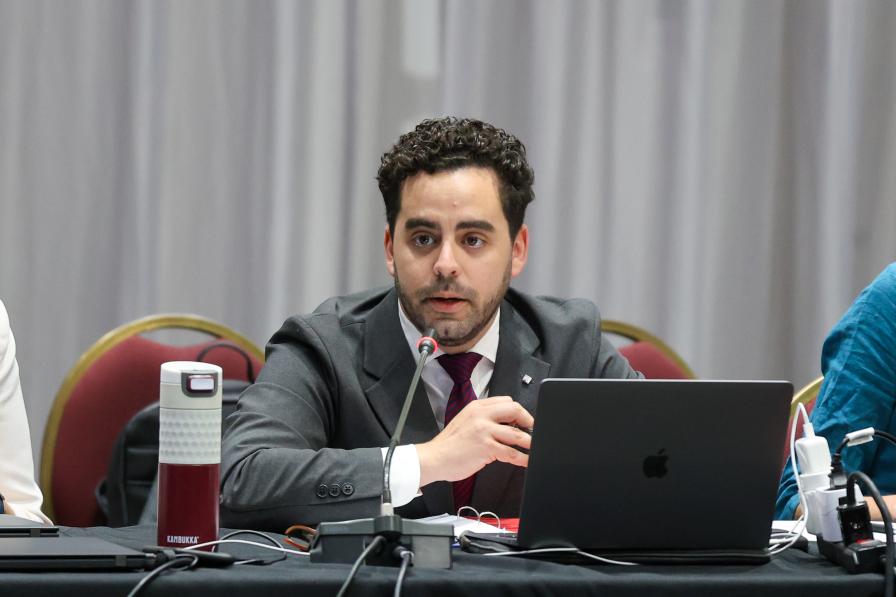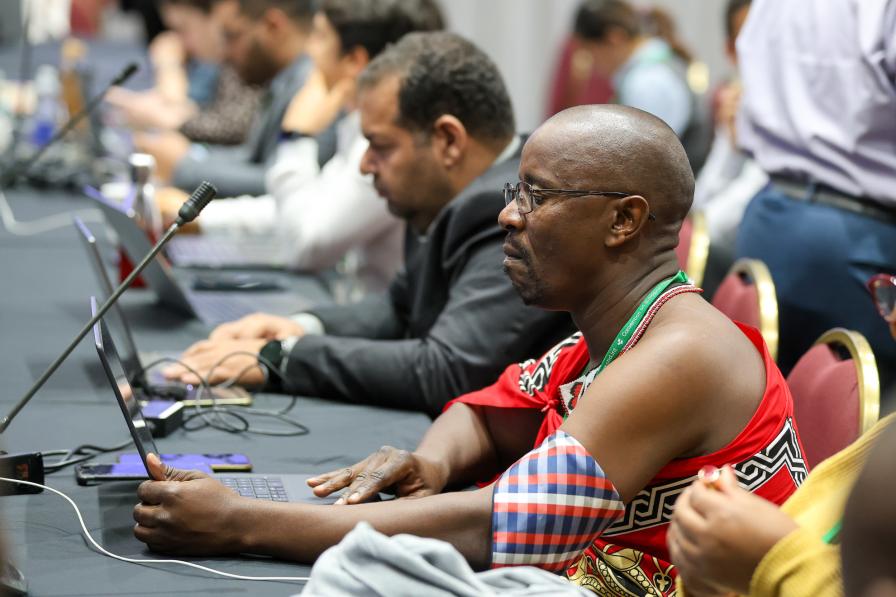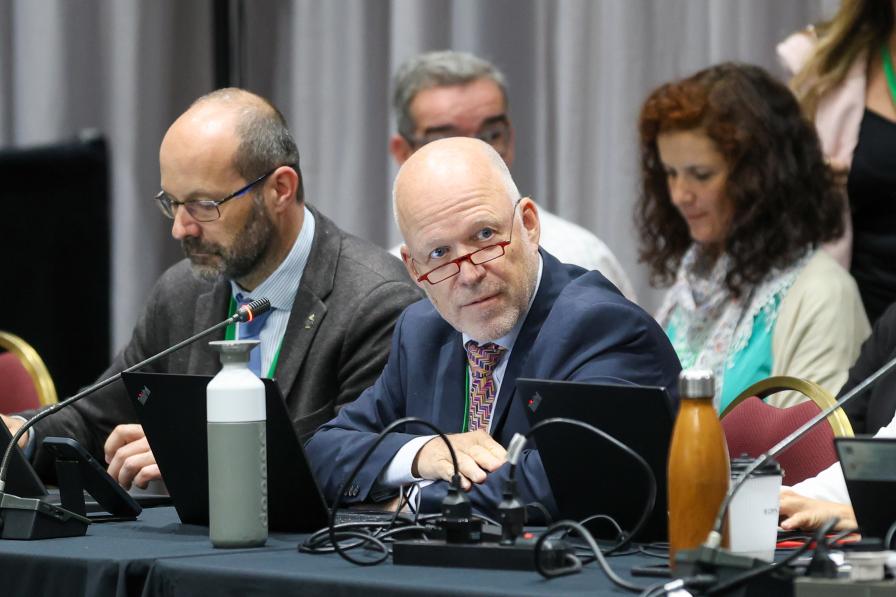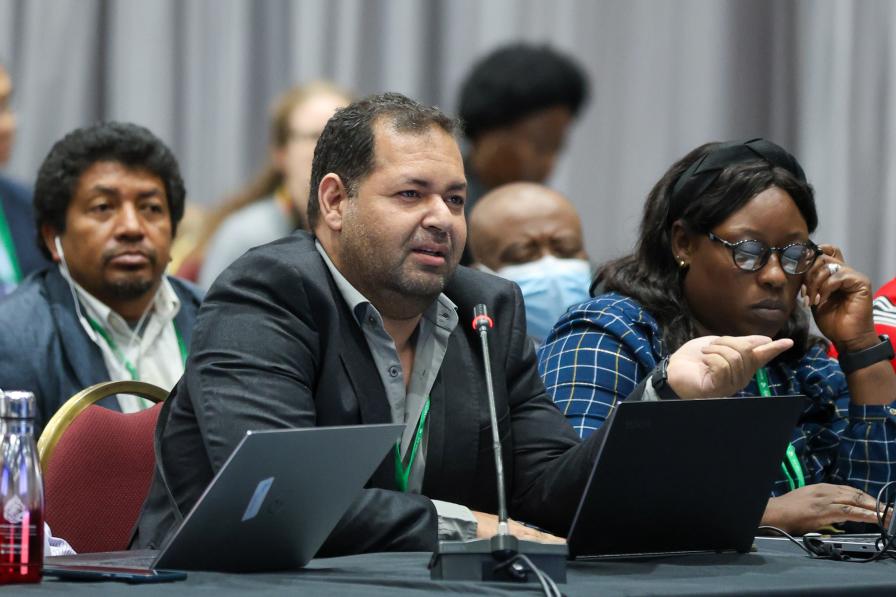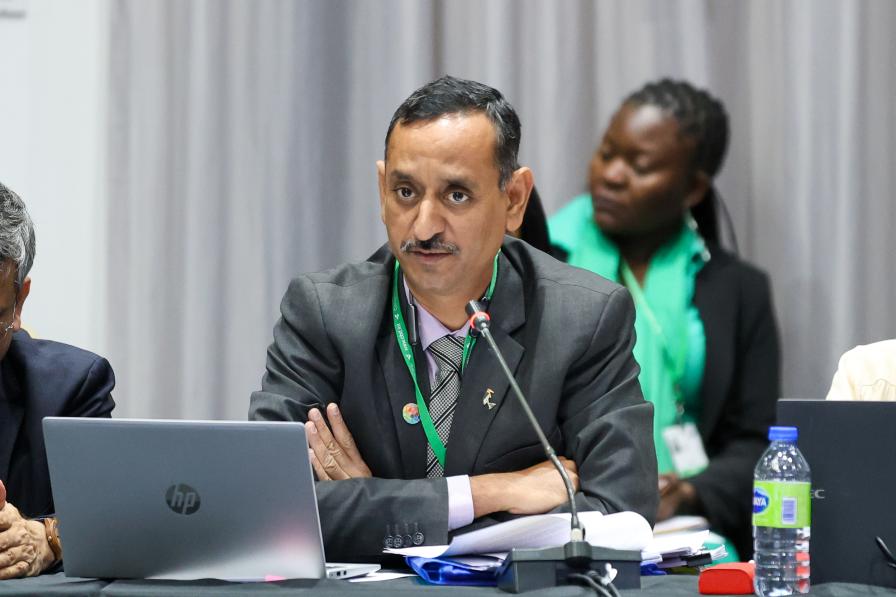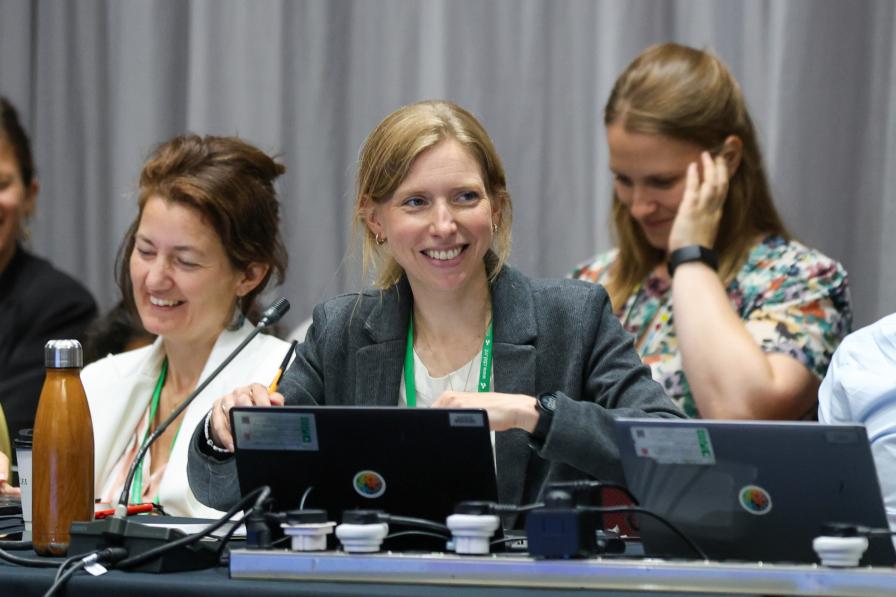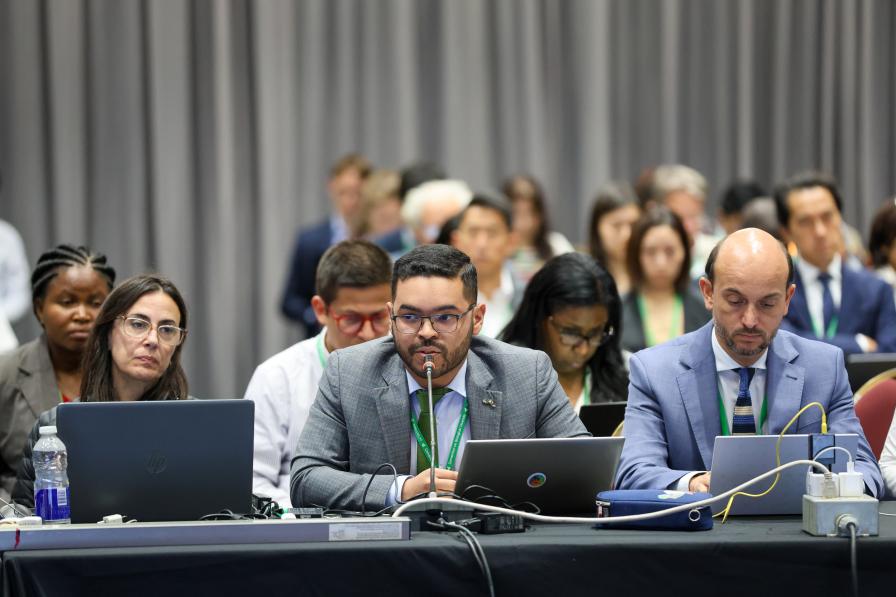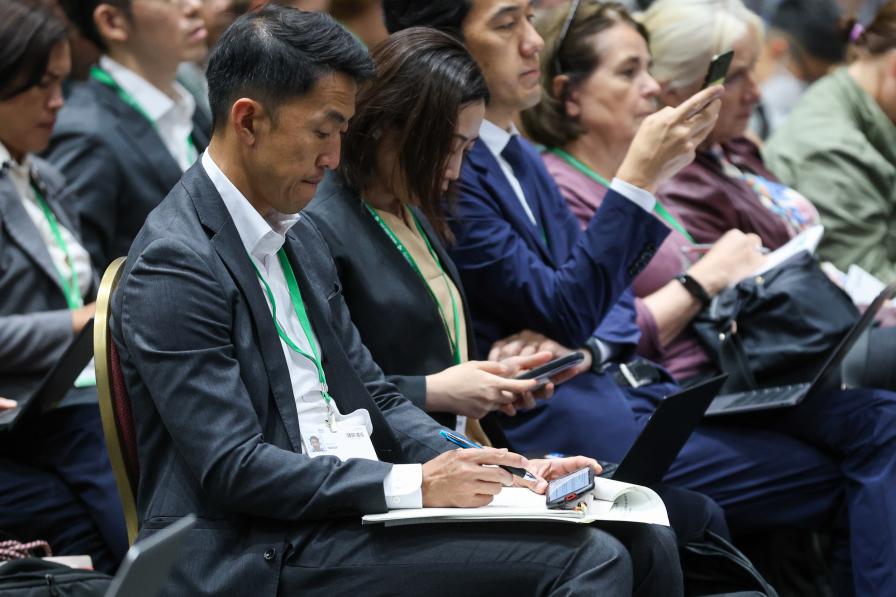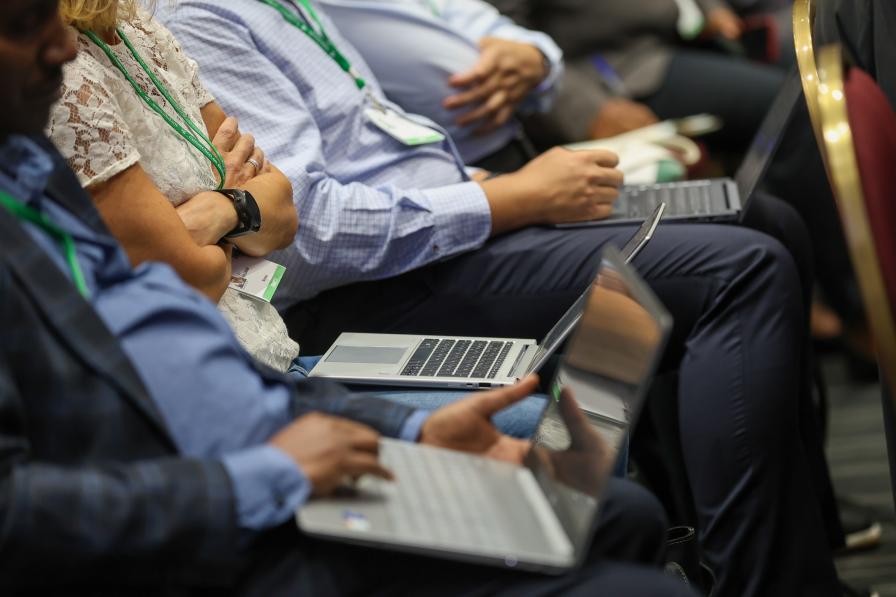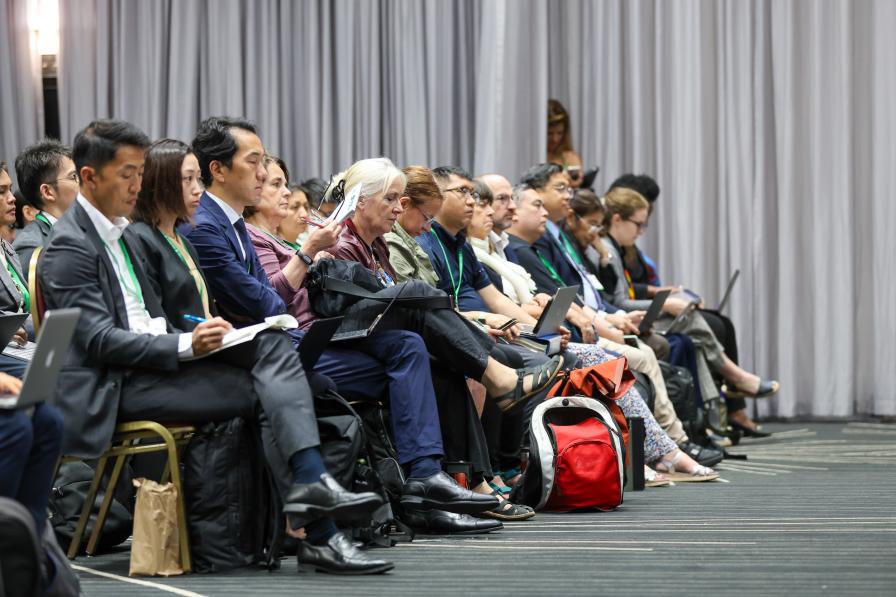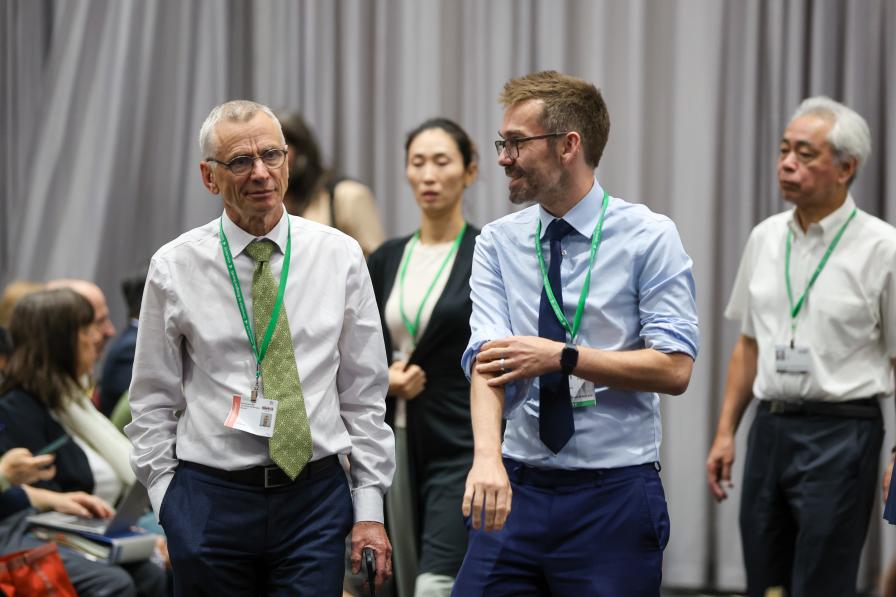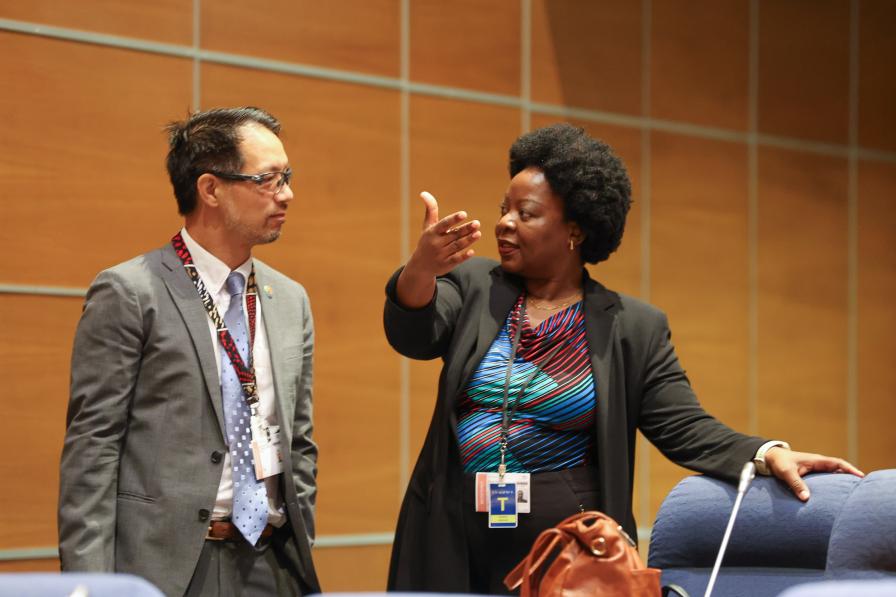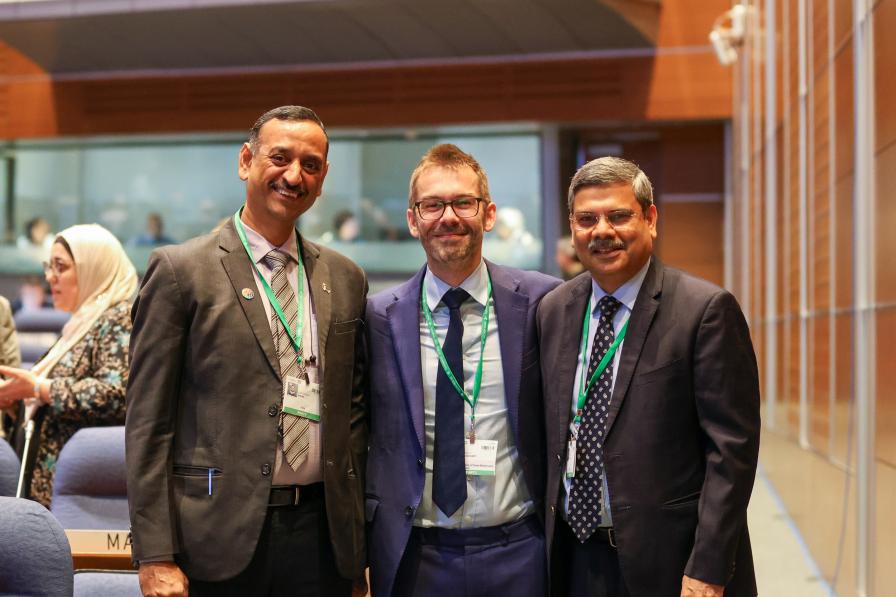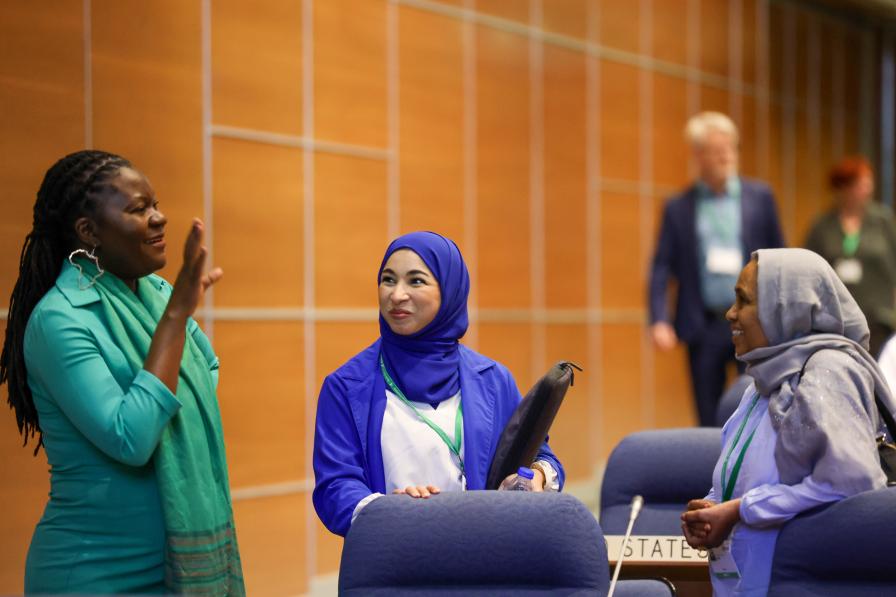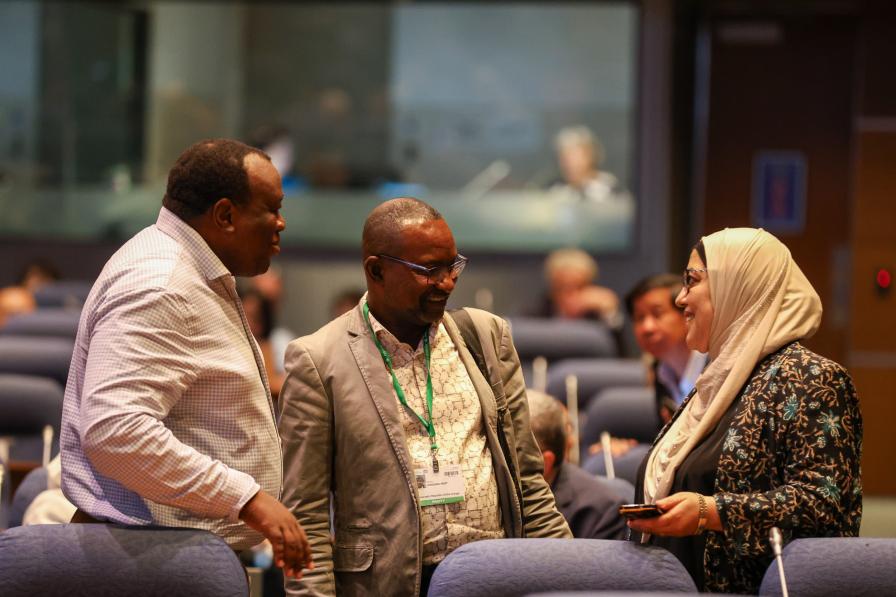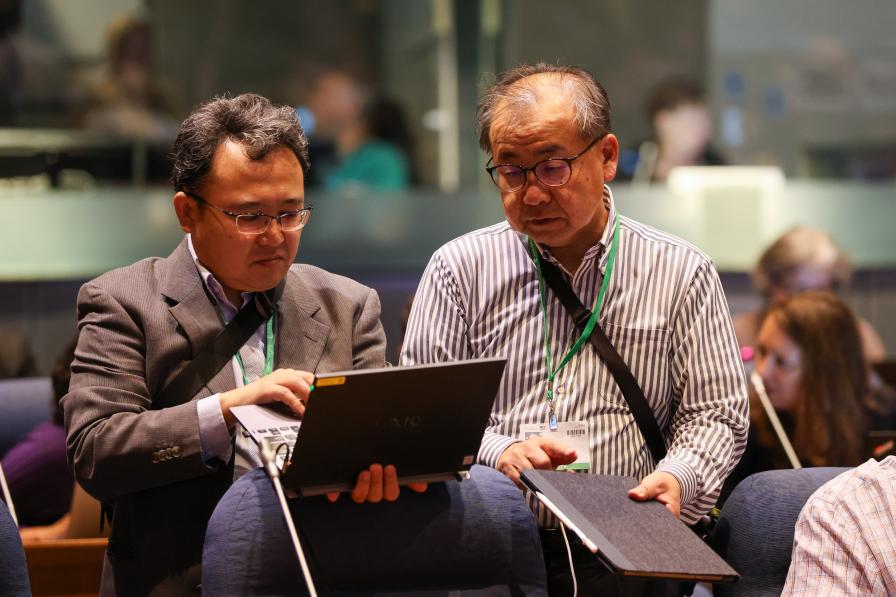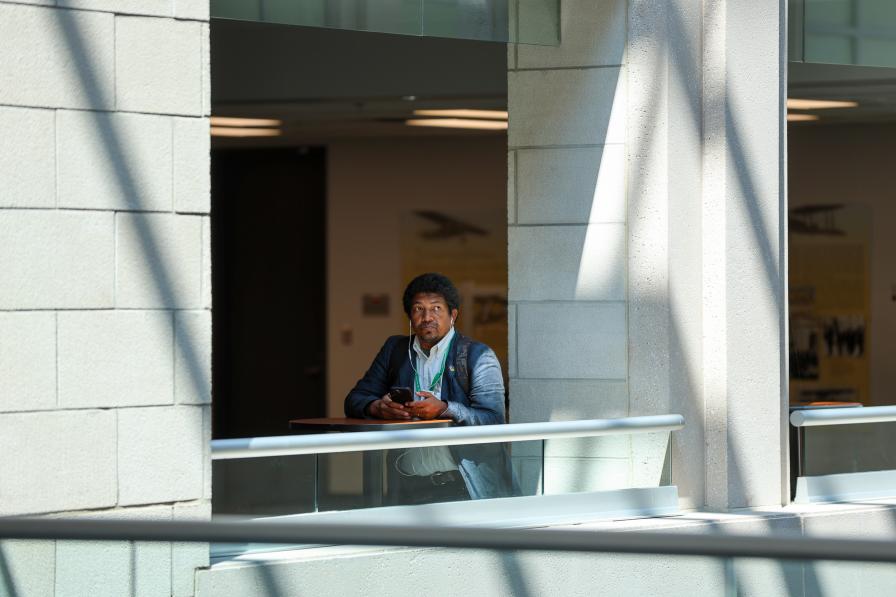How can the capacity gap be bridged when it comes to generation and use of digital sequence information (DSI) on genetic resources? What is the role and limitations of non-monetary benefits in that regard? How can open access to data be reconciled with fair and equitable benefit-sharing? How can the benefits of scientific progress be fairly distributed? The Working Group on benefit-sharing from DSI use continued their deliberations addressing these questions at the core of the multilateral benefit-sharing mechanism.
Want to dig deeper into today's talks? Read the full Earth Negotiations Bulletin daily report.
Discussions continued on the basis of a non-paper developed by the Co-Chairs of the Committee of the Whole (CoW) drawn from Monday’s discussions, containing elements for a revised draft decision to be sent to the 16th meeting of the Conference of the Parties (COP 16). In the morning, the CoW focused on non-monetary benefit-sharing, an African proposal to establish a DSI database under the Convention’s Clearing-house Mechanism (CHM), and governance-related modalities of the multilateral mechanism.
Non-monetary benefit-sharing refers to a wide range of approaches, including technology transfer, capacity building, and scientific collaboration. If used effectively, it can result in bridging inequities between developed and developing countries that keep expanding with each wave of technological innovation. Delegates debated a list of non-monetary benefits, as well as who should share them, how, and under which terms.
An African proposal to establish a DSI database under the CHM generated an extensive discussion, with delegates considering its objective, added value, and feasibility.
On governance, delegates debated the relationship between the multilateral mechanism and national measures on benefit-sharing from DSI use, and cooperation with other instruments on access and benefit-sharing. Among many issues, delegates addressed a proposal by Norway envisioning establishment of a cooperative mechanism across DSI-related instruments.
Two contact groups met in the afternoon and evening to address options on monetary contributions to the DSI fund established in the context of the multilateral benefit-sharing mechanism, and disbursement of funds.
On contributions, discussions focused on three options for monetary benefit-sharing contained in the non-paper, including: DSI users contributing a percentage of the profits or revenue generated by products and services placed on the market; companies in sectors highly dependent on DSI use contributing a percentage of their profits or revenue, accompanied by a list of relevant sectors; and a contribution of 1% of the retail value of all products and services linked to the utilization of biological resources.
On disbursement, delegates addressed two options, including: a project-based disbursement though a country-driven or community-driven process, taking into account indicative allocations for countries and Indigenous Peoples and local communities, including women and youth, administered by an international entity, such as the Global Environment Facility; and direct allocations to countries, according to an agreed formula reflecting each country’s biodiversity richness and level of development.
To receive free coverage of global environmental events delivered to your inbox, subscribe to the ENB Update newsletter.
All ENB photos are free to use with attribution. For the 2nd Meeting of the Ad Hoc Open-ended Working Group on Benefit-sharing from the Use of Digital Sequence Information on Genetic Resources, please use: Photo by IISD/ENB | Mike Muzurakis
